The BBC has launched its micro:bit, with 1m of the pocket-sized coding devices sent to students across the UK.
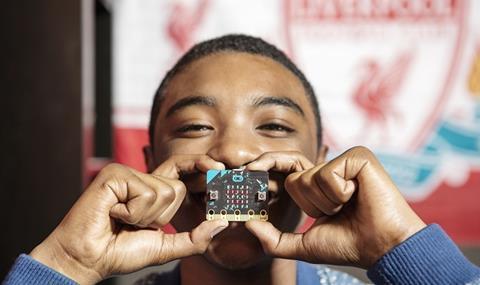
The broadcaster described the initiative, which is part of its Make It Digital scheme, as the BBC’s most ambitious education project in 30 years and said it builds on the “pioneering” role of the BBC Micro computer of the 1980s.
The 1m BBC micro:bits are being delivered free to every year 7 student in England and Wales, year 8 student in Northern Ireland and S1 student in Scotland.
They will be able to program their devices by using one of the code editors at microbit.co.uk, or the mobile app and by connecting it to other devices and sensors.
The BBC has partnered with 31 organisations including ARM, Barclays, element14, Lancaster University, Microsoft, Nordic Semiconductor, NXP Semiconductors, Samsung, Technology Will Save Us and the Wellcome Trust.
BBC director general Tony Hall said: “The BBC micro:bit has the potential to be a seminal piece of British innovation, helping this generation to be the coders, programmers and digital pioneers of the future.
“Only the BBC could attempt a project this ambitious, on such a large scale, and I’m thrilled we’ve persuaded so many people to get behind this and make it happen.”
BBC micro:bits will also be available to buy from a range of retailers with funds from commercial sales used to further encourage others to try coding.


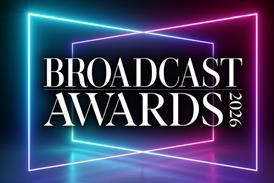
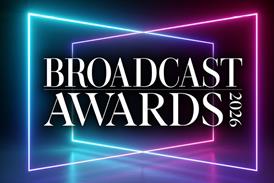
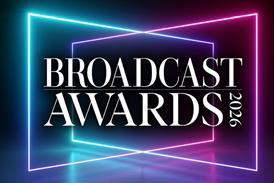















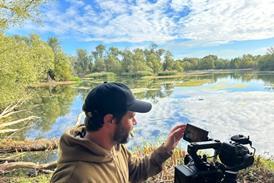
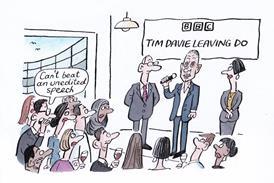
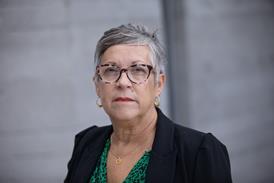



No comments yet